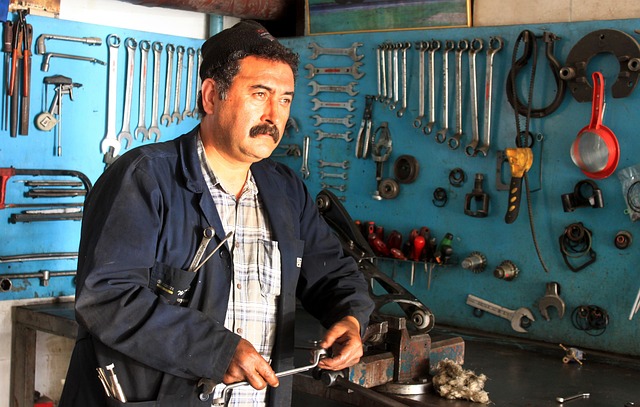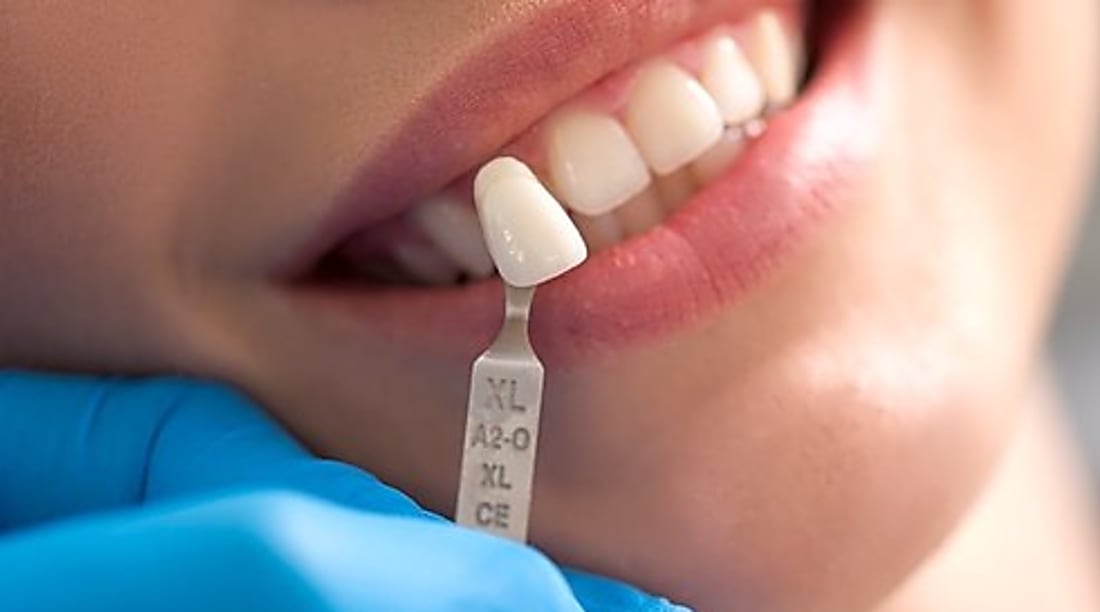Why Plumber Sewer Line Cleaning Companies Offer a Stable Path for Immigrants and U.S. Residents
The plumbing industry, particularly sewer line cleaning services, represents a significant sector within the broader infrastructure maintenance field in the United States. This specialized area involves essential services for maintaining urban and residential sewer systems. Understanding the industry structure, required skills, and typical career progression can provide valuable insights into this technical field that serves communities nationwide.

The sewer line cleaning industry operates as a crucial component of municipal and residential infrastructure maintenance across the United States. This sector focuses on maintaining proper function of sewer systems through regular cleaning, inspection, and preventive maintenance services.
Understanding Sewer Line Cleaning as a Professional Field
Sewer line cleaning involves specialized technical work that requires specific knowledge of plumbing systems, safety protocols, and equipment operation. The field encompasses various activities including routine maintenance, emergency response, and system diagnostics. Workers in this sector typically develop expertise in operating cleaning equipment, identifying system problems, and implementing appropriate solutions.
The technical nature of this work requires understanding of municipal codes, safety regulations, and environmental compliance standards. Professional development in this field often involves ongoing education about new technologies and evolving industry standards.
Skills and Knowledge Development in Sewer Maintenance
Professionals in sewer line cleaning develop a comprehensive skill set that includes mechanical aptitude, problem-solving abilities, and technical knowledge. The work requires physical capability, attention to detail, and understanding of safety procedures. Technical skills include equipment operation, system diagnostics, and maintenance procedures.
Communication skills prove essential for interacting with property owners, municipal officials, and team members. Documentation abilities are important for maintaining service records and compliance reporting. Professional growth typically involves expanding technical knowledge and developing specialized expertise in particular aspects of sewer maintenance.
Industry Structure and Service Demand
The sewer maintenance industry operates through various business models including municipal departments, private contractors, and specialized service companies. Service demand stems from regulatory requirements, preventive maintenance needs, and emergency situations. Infrastructure age and urban development patterns influence service requirements across different regions.
Technological advancement continues to shape industry practices, with new equipment and methods improving service efficiency and effectiveness. Environmental regulations and public health considerations drive ongoing demand for professional sewer maintenance services.
Educational and Training Pathways
Entry into sewer line cleaning typically involves technical education or apprenticeship programs. Community colleges often offer plumbing and utility maintenance programs that cover relevant skills. Trade schools provide specialized training in equipment operation and safety procedures.
Professional development may include certification programs, continuing education, and specialized training in new technologies. Industry associations often provide educational resources and professional development opportunities for workers in this field.
| Education Level | Typical Training Duration | Common Certifications | General Industry Context |
|---|---|---|---|
| High School/GED | 6-12 months on-the-job | Safety certifications | Entry-level positions |
| Technical Program | 1-2 years | Plumbing fundamentals | Specialized roles |
| Apprenticeship | 2-4 years | Trade certifications | Advanced technical work |
| Continuing Education | Ongoing | Specialized equipment | Professional development |
Training duration and certification requirements mentioned in this article are based on general industry information but may vary by location and employer. Independent research is advised for specific program details.
The sewer line cleaning industry represents an established sector within infrastructure maintenance that requires specialized knowledge and technical skills. Understanding the field’s structure, educational requirements, and professional development pathways provides insight into this essential service industry that supports community infrastructure across the United States.




